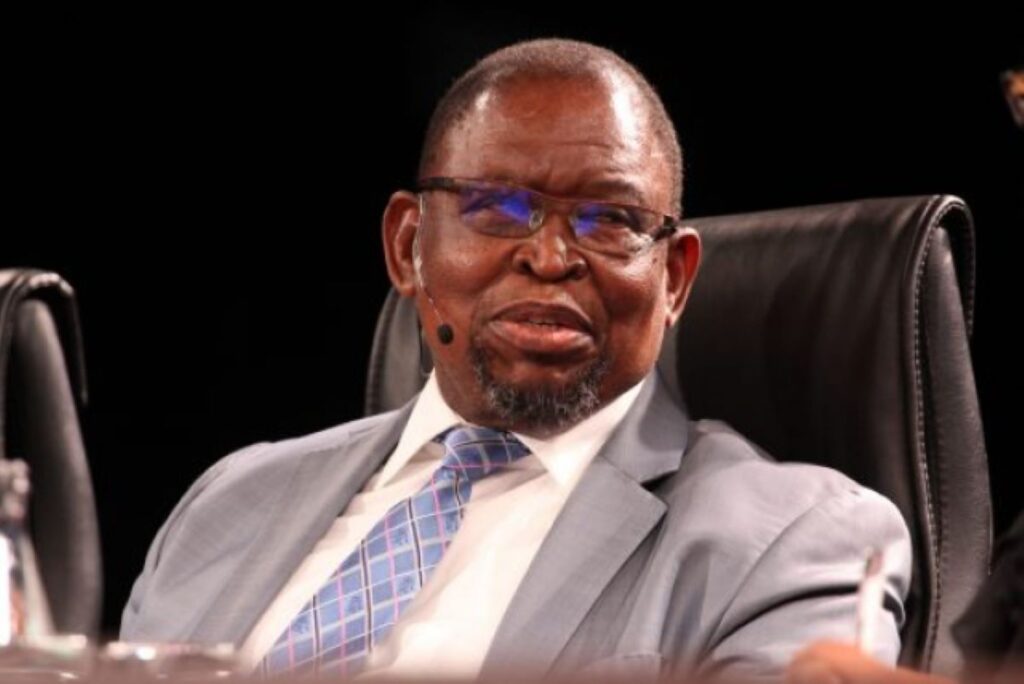Over the last 10 years, South Africa has seen a notable increase in the remuneration of its government employees, raising questions about the implications and sustainability of this trend, particularly in light of the ruling ANC government’s policies.
The median salary for government workers, as reported by labour analyst Andrew Levy, stands at R46,000 per month, a stark contrast to the R26,000 median in the private sector. This disparity, which does not even account for the additional benefits public sector workers receive, highlights a significant pay gap. While CEOs of large companies do earn more, their compensation is often tied to performance, a practice not mirrored in the public sector.
Interestingly, the government employee wage bill has surged from R408 billion in 2013/2014 to R724 billion in 2023/2024, according to the National Treasury. This substantial increase, driven by government determinations and collective bargaining agreements, also aligns with a period that covers two general election cycles. It raises a thought-provoking question: Could this wage bill hike be a strategic move by the ANC government to secure the continued support of a significant voter base – the public sector workers?
Moreover, the number of government employees earning over R1 million annually has jumped by 450% over the same period. In contrast, the private sector has not witnessed a similar escalation in wages, and public sector remuneration is not performance-based, as noted by Levy. This situation has led to concerns about inflexibility and inefficiency within the public sector workforce.
With the majority of public sector unions agreeing to a 7.5% wage increase after strike action, the Treasury faces an additional R23.6 billion expenditure. This financial commitment exceeds the projections in the 2023 budget, necessitating a reprioritization of funds by government departments.
As citizens, it’s essential to consider the long-term economic sustainability of these increases and their impact on the country’s fiscal health. Additionally, pondering the political dynamics at play, especially the potential use of wage policies as a tool to garner electoral support, becomes a topic worthy of public discourse and scrutiny.
